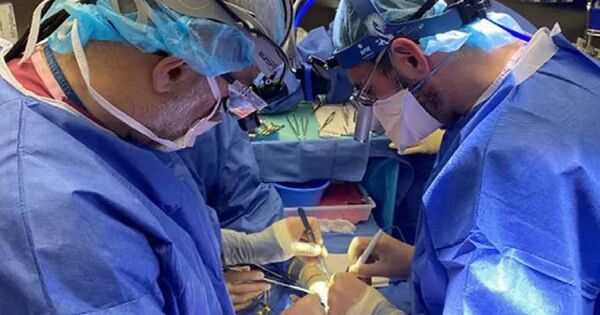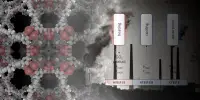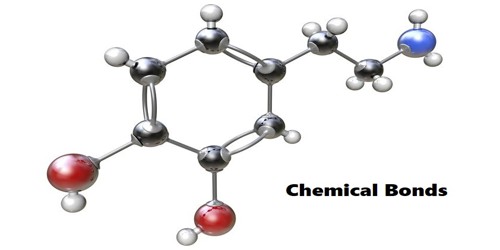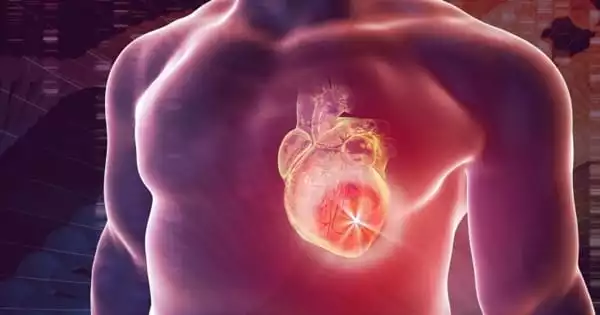The UC Davis Health cardiology team is among the first in the country to use a revolutionary catheter to treat patients with tricuspid regurgitation, or a leaking heart valve. The Abbott TriClip™ technology enables the minimally invasive method of transcatheter edge-to-edge repair (TEER).
UC Davis Medical Center is one of the first sites in the country to have commercial access to TriClip, as well as the first hospital in the Western United States, since the system was approved by the Food and Drug Administration (FDA) last week. In 2023, UC Davis also hosted clinical studies for the treatment.
“We are excited to offer our patients this novel treatment that offers meaningful improvement in quality of life without the high procedural risk often associated with tricuspid surgery,” said Gagan D. Singh, associate professor of cardiovascular medicine and the surgeon who performed the first procedure at UC Davis Medical Center.
Severe tricuspid regurgitation is a debilitating condition that is associated with substantial morbidity. Patients with tricuspid regurgitation are extremely high risk for any type of surgical intervention, so historically they have just been monitored and treated with diuretics.
Jason H. Rogers
Tricuspid regurgitation occurs when the tricuspid valve of the heart fails to seal entirely. This can cause blood to leak backward into the atrium from the tricuspid valve, requiring the patient’s heart to work harder to transport blood through the valve.
Tricuspid regurgitation affects around 1.6 million Americans. Symptoms include vigorous pulsing in the neck veins, an enlarged liver, tiredness, and swelling all over the body. Current nonsurgical therapies include diuretics (medicines that assist eliminate excess fluid and salt) and symptom-relieving medications. If left untreated, tricuspid regurgitation can progress to atrial fibrillation, cardiac failure, kidney illness, and even death.
“Severe tricuspid regurgitation is a debilitating condition that is associated with substantial morbidity,” said Jason H. Rogers, professor of cardiovascular medicine. “Patients with tricuspid regurgitation are extremely high risk for any type of surgical intervention, so historically they have just been monitored and treated with diuretics.”
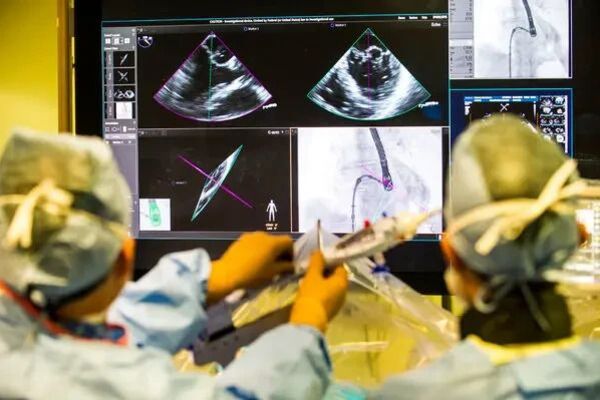
Tricuspid transcatheter edge-to-edge repair procedure
The human heart has four valves, and if any of them leak, there is no universal repair method. For example, a catheter-based approach can be used to repair the mitral valve. However, the same catheter cannot be used on the tricuspid valve because to its position, thickness, and unpredictability.
The new method is specifically developed to accommodate the tricuspid valve’s position, location, and form. With the patient under general anesthesia, the device is administered to the heart via a catheter that begins in the groin and is guided by X-ray and ultrasound. Once in place, the clip binds together sections of the leaflets (valve flaps), enhancing the seal and lowering leakage.
The device was tested for its safety and clinical efficacy as part of the TRILUMINATE Pivotal trial. UC Davis Health was one of the sites with the highest enrollment rates in the national trial.
“This minimally invasive approach allows the heart to pump blood more efficiently and relieve symptoms of tricuspid regurgitation,” said Rogers, who will be performing additional tricuspid TEER procedures.
A leader in transcatheter edge-to-edge repair
For nearly 20 years, UC Davis Health has been at the forefront of transcatheter edge-to-edge repair. In addition to transcatheter tricuspid valve replacement, the medical center’s cardiac services provide a variety of minimally invasive catheter-based mitral valve operations.
“Being one of the first centers in the country to offer commercial availability of the TriClip system is a true honor and a testament to the outstanding team-based approach to patient care at UC Davis Health,” said Singh. “The UC Davis Structural Heart Team is one of the best and most comprehensive in the nation. Our objective to provide comprehensive, efficient, and high-quality care to the individuals we serve is what motivates us to lead the field.”
